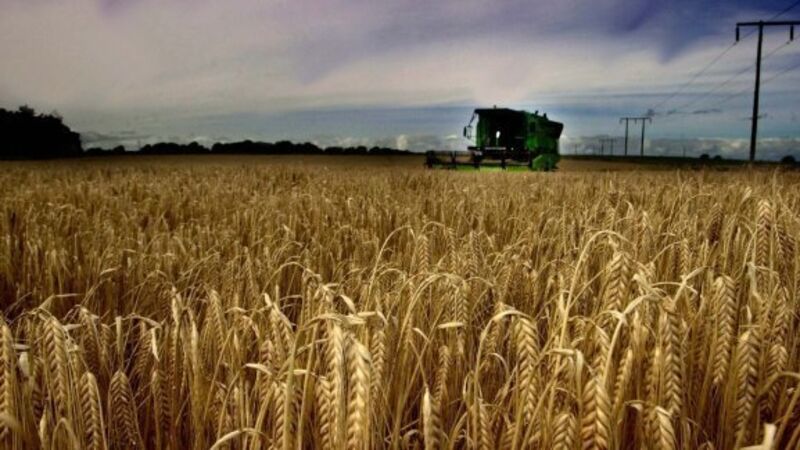80% of world’s food produced by family farmers, UN research finds

More than 500m family farms manage between 70% and 80% of the world’s agricultural land The State of Food and Agriculture 2014 reported. Some analysts, however, worry that family farms are under increasing pressure from speculators, as prices for land rise due to a growing world population.
Speculative capital is moving into agriculture, threatening family farmers, said Devlin Kuyek, a researcher with the international organisation GRAIN. “It’s a structural change, you have companies who weren’t investing in agriculture now jumping in: Hedge funds, pension funds, different elites and governments,” Kuyek told the Thomson Reuters Foundation.










